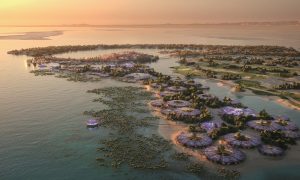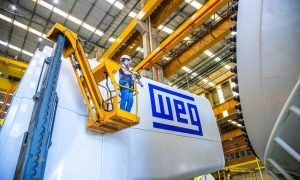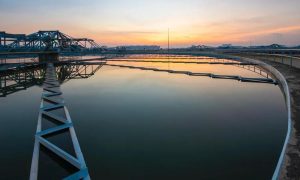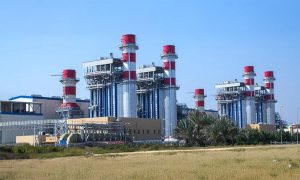Private sector participation in power and water projects in Dubai
Clyde and Co’s George Booth and Ben Cowling explain the new
legal framework relating to power and water projects in Dubai.
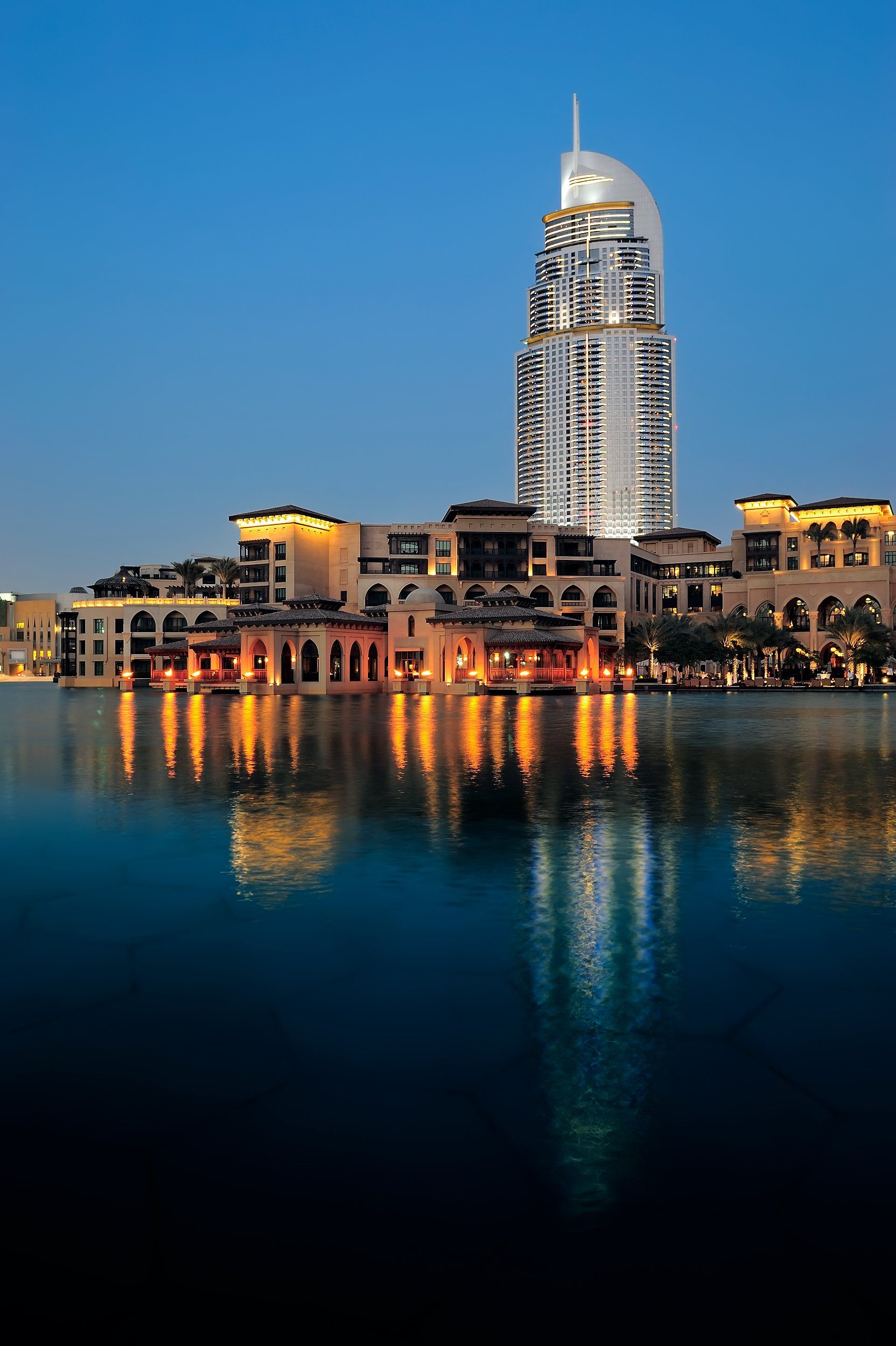
On 4 April 2011, a new law for “private sector participation in the production of electricity and water” was enacted in the Emirate of Dubai (Law No. 6 of 2011).
The immediate driver for this law is no doubt the Al Hassyan Independent Power Project – currently out to tender and due to become Dubai’s first independently-financed power project. However, the law is an important template for private sector participation in utilities generally in Dubai and may be a catalyst for the development of legislation covering other sectors in Dubai, in which PPPs have a role to play.
To-date in the UAE, only the Emirate of Abu Dhabi had issued detailed legislation providing for the granting of concessions to the private sector in relation to power and water generation. In this regard Dubai was different to Abu Dhabi and, indeed, the various jurisdictions in the Gulf which have embarked on IPP programmes.
This was a reflection of Dubai Water and Electricity Authority’s procurement strategy which had focused on competitive tendering practices using traditional procurement methods (i.e. construct only, design and construct, etc.).
Law No. 6 of 2011 (the “DEWA Law”) provides the basic structure for a regulatory framework for participation of the private sector in the power and water sector in Dubai at an equity level.
Key features of the DEWA Law are as follows:
- No power and/or water production in Dubai is permitted to be undertaken without a licence granted by the Regulation and Supervision Bureau for the water and electricity sector (the “Bureau”). The only entity exempt from the licensing requirement is the Dubai Water and Electricity Authority (“DEWA”).
- The Bureau has the function (among other things) of establishing standards and controls required for undertaking power and/or water production in Dubai. (The Bureau should not be confused with the existing bureau of the same name concerning power and water regulation in Abu Dhabi – www.rsb.gov.ae).
- The quantity and nature of licences to be granted will determined by the Supreme Council of Energy (the “Council”), upon the recommendation of DEWA. Applications for licences must be made to the Bureau and will be assessed by reference to technical, financial and regulatory requirements and conditions endorsed by the Council. All licences (and waivers of licence requirements) must be publicized by the Bureau.
- Significantly, the Bureau has the power to amend any licence (or waiver of a licence requirement) granted for reasons related to the public interest. After receiving notification from the Bureau, the licensed party must object to the amendment within 30 days to avoid the amendment becoming effective. The Bureau will consider the objection and if it does not accept the rejection, it is automatically referred to the Council for consideration.
- The DEWA Law also allows DEWA to establish project companies, either on its own or in cooperation with third parties. Importantly, the law specifically provides that such third parties need not be of UAE nationality and that DEWA will select such parties by reference to criteria set by the Council, notwithstanding restrictions in government procurement legislation that would otherwise apply. (The law does not say that all licenses must be granted to project companies, however further communications from the Council and the Bureau will make this clear in due course.)
- DEWA may grant leases or other proprietary rights in respect of land owned by it to project companies for up to 99 years.
- All sales of produced electricity or water must be to DEWA. Licensed parties may not make any such sales to any other parties directly.
- All contracts between the licensed party and DEWA must be governed by the laws of Dubai and subject to dispute resolution (including arbitration) in Dubai. However, the licensed party is free to enter into contracts with third parties by reference to other laws and dispute processes.
The DEWA Law is an important step forward for the development of the utilities sector in Dubai. The government of Dubai should be commended for changing the law to give greater clarity to the private sector on how future opportunities to invest in power and water assets will be structured and to put in place some protections to give investors greater confidence. No doubt some elements of the DEWA Law could be improved from the private sector’s perspective but in the meantime, it is a valuable basis which will be elaborated upon by rules and regulations to be issued by the Council.
Written by George Booth and Ben Cowling, Clyde and Co
Click here to read the full article on the Clyde and Co website
